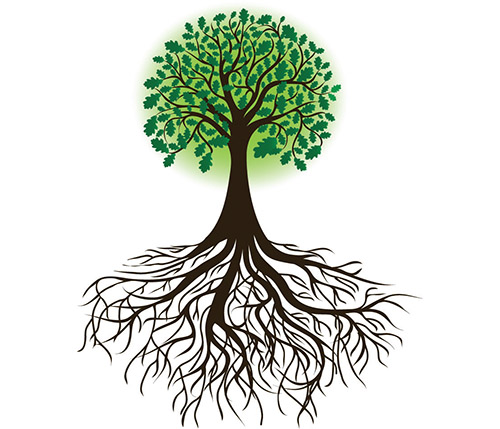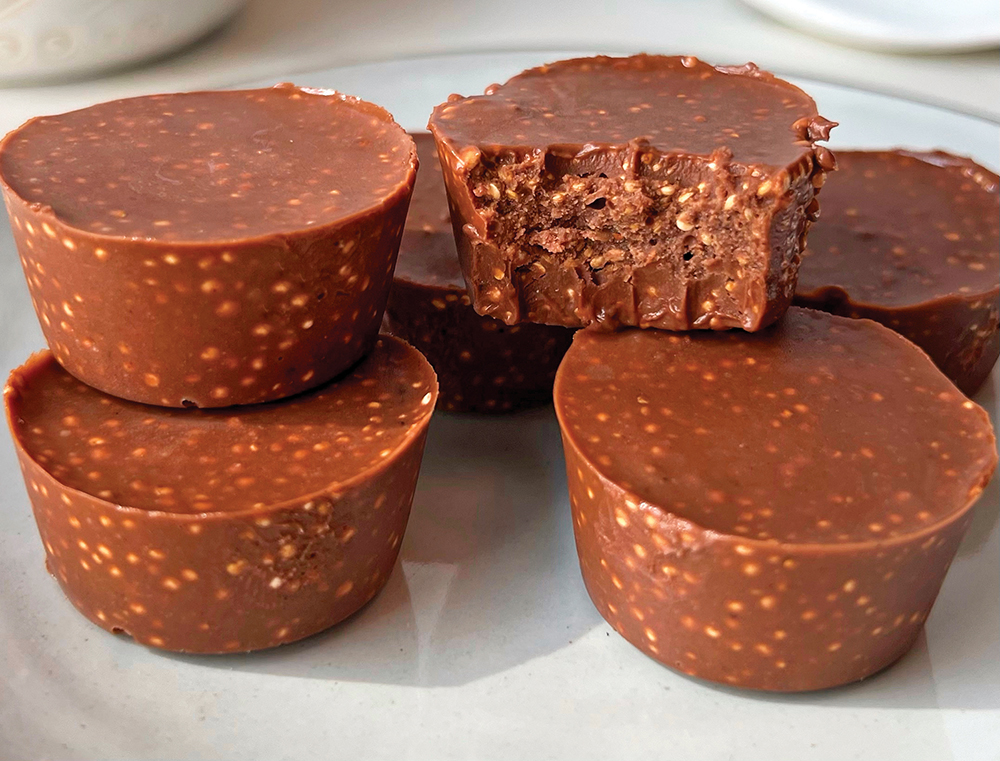
As too many of us know personally, it’s not uncommon for large trees to fall during a storm. What you may not know is that a study was done to discover why some trees fall and others don’t. It seems it’s based on how close the tree is to its water supply. When a source of water is nearby, a tree’s roots are minimal and it doesn’t branch out. But if the water source is far, a tree has no choice but to grow deep roots that extend much wider and allow the tree to flourish. The struggle to find water is the key to its long-term survival and strength.
Many of us battle a variety of storms in our lives. We must realize that we, too, become stronger by developing deeper roots of emunah in Hashem. In my own family, I had a grandmother who was in Auschwitz for 2 ½ years and a grandfather who survived 10 concentration camps. Their profound, deep-rooted emunah kept them going and was implanted in their children and grandchildren.
Klal Yisrael’s time in Egypt was full of hardship. As a people, we were tried and tested to the breaking point. Let’s focus on one particular test where we developed our roots to stay strong.
Our Sages tell us the Jews were on the 49th level of tumah (impurity) right before the exodus; yet, no Jew intermarried with an Egyptian! In fact, this was one of the merits of the Jews that caused them to be redeemed. Doesn’t this seem a bit contradictory? We were almost at the bottom of the purity barrel, in a country steeped in immorality, yet we stayed moral. How did we manage that?
To explain, we must turn the clock back to the beginnings of our descent to Mitzrayim. It all started with Yosef. He was the first Jew to be enslaved in Egypt. Shortly after he arrived, Yosef was presented with a great moral test. His master’s wife, eishes Potifar, had a very strong desire for Yosef and she was one of the most beautiful women in world history. Every day she tried to seduce Yosef. Think about it: Yosef was abandoned by his brothers and was a slave in a foreign country where no one had ever escaped. Slaves in Egypt were a dime a dozen and didn’t last long. Didn’t he have good reason to accept eishes Potifar’s advances? She would surely protect him and treat him well. One might argue it was pikuach nefesh (saving his life)!
Only one thing allowed Yosef the internal fortitude to withstand this enormous challenge: the image of his father Yaakov. Every day he thought about his father and knew the shame he would cause his father if he succumbed.
Yosef was the one who laid down a foundation of kedusha (holiness), elevating himself in the area of morality. Yosef planted his moral roots deep and far, since he was tried and tested constantly in this area. This quality and strength of character was passed on to his children and to klal Yisrael in Egypt. This elevated level of kedusha was a red line that no one would cross.
This accomplishment finds its way into Hallel: “The raging waters saw and split.” Our Sages tell us the waters saw the coffin of Yosef, who had fought his own nature, and the sea in turn went against its nature to split before klal Yisrael. Also in Hallel, we say, “Haysah Yehuda l’kodsho”—klal Yisrael was kodesh. By being careful in the area of marriage, the kedusha of the Jews was preserved. All thanks to the roots planted by Yosef.
One person made the difference for an entire nation. Yosef’s passing his test in morality set the groundwork for our redemption; his strength empowered klal Yisrael generations into the future. It’s incredible what one individual can accomplish.
We live in a society today that also challenges our standards of morality. Billboards, magazine ads, pop-up pictures on websites…there’s a moral breakdown in society that’s not so different from back in the days of Mitzrayim. The key to maintaining our kedusha is to visualize who we are. We are children of Yaakov. We are a chosen nation. We are royalty.
We need to take this sense of nobility with us into Pesach. Seder night is a very powerful time, when our parents and grandparents pass on a noble tradition that connects us to Hashem. And nobility exists 24/7; kedusha never takes a vacation.
Let’s feel this nobility at our Seders and afterwards, and let our roots in emunah and kedusha grow deeper, farther and stronger. Passing on this feeling to our family and to klal Yisrael will truly please our Creator at this special time of Pesach.
By Rabbi Baruch Bodenheim
Rabbi Baruch Bodenheim is the associate rosh yeshiva of Passaic Torah Institute (PTI)/Yeshiva Ner Boruch. PTI has attracted people from all over northern New Jersey, including Teaneck, Bergenfield, Paramus, Rockaway and Fair Lawn. He initiated and continues to lead a multi-level Gemara learning program. Recently he has spread out beyond PTI to begin a weekly beis midrash program with in-depth chavrusa learning in Livingston and Springfield. This year he joined Heichal Hatorah in Teaneck as a Gemara iyun rebbe. His email is rb@ptiweb.org.












